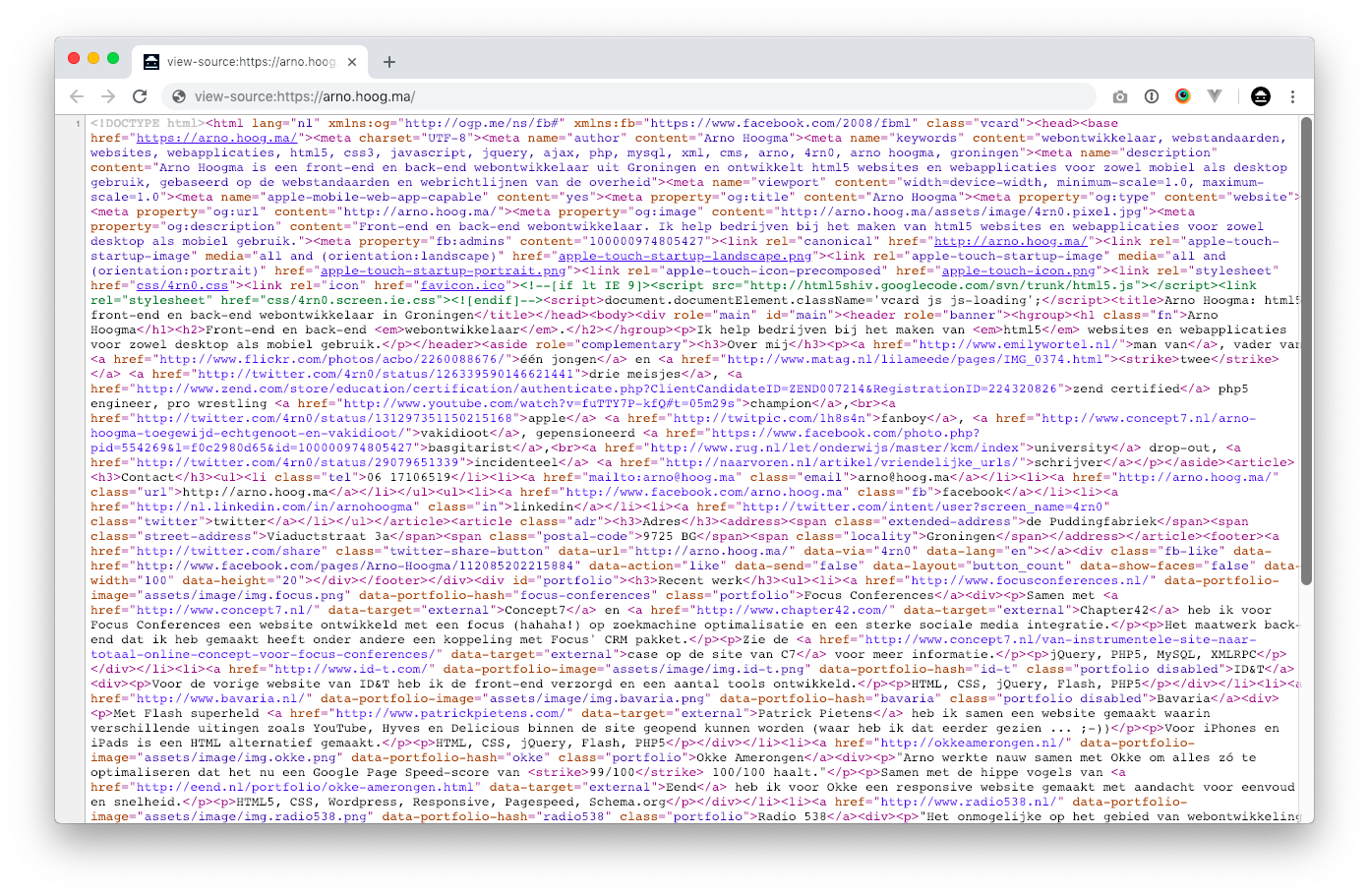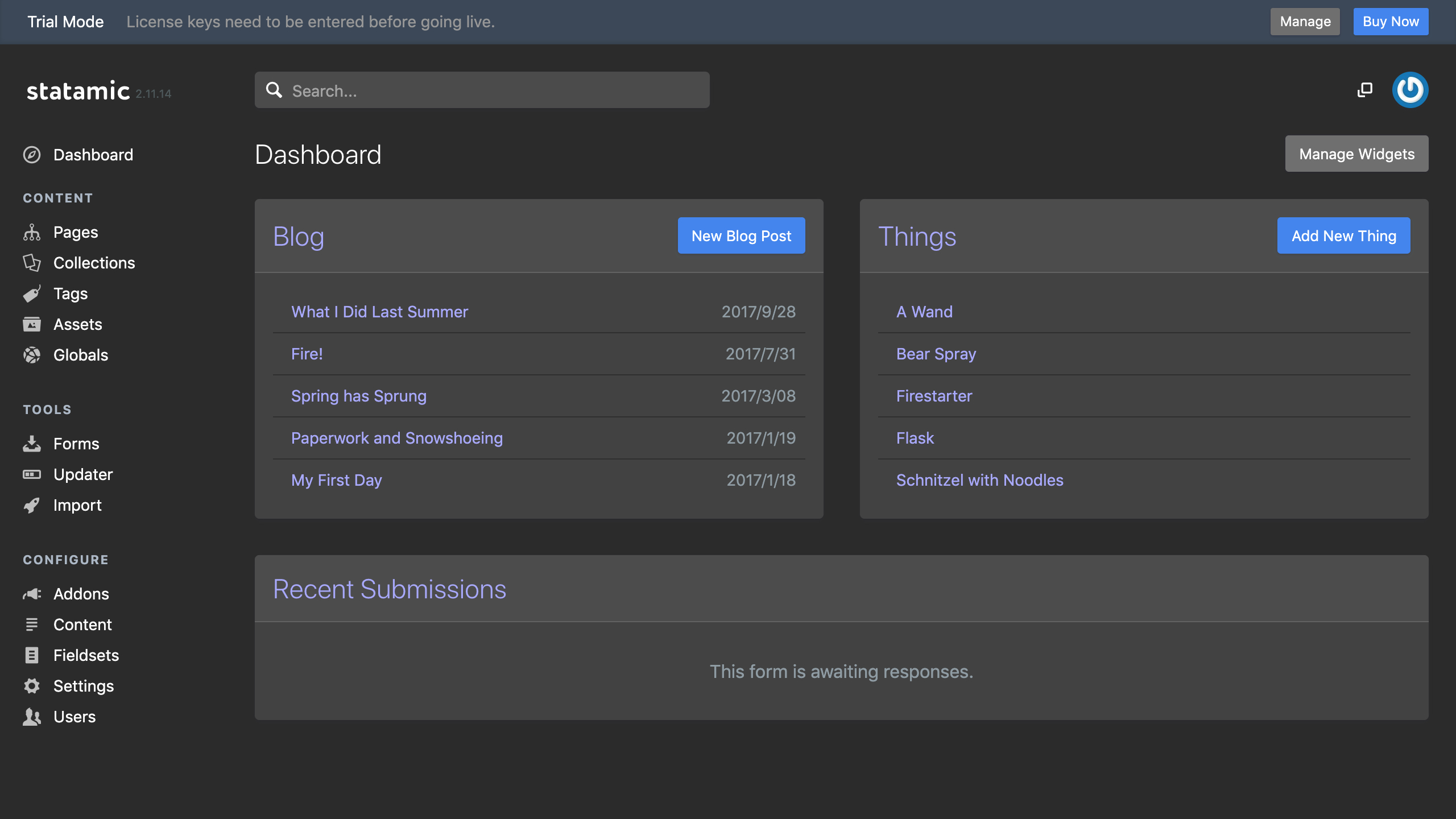[DEPRECATED]
This project has reached the end of its development. Feel free to browse the code, but please use other solutions for integrating imgix into your Statmic projects.
imgix-statamic is an add-on for integrating imgix into Statamic sites.
Please note that the base branch of imgix-statamic is designed for Statamic v2.x and that we are no longer actively developing for Statamic v1.x. If you are using Statmic v1.x, take a peek at the version 1 branch.
Installation
- Copy
site/addons/imgixinto your Statamic installation'ssite/addonsfolder. Source can be downloaded from the Statamic Marketplace. - Copy
site/settings/addons/imgix.yamlinto your Statamic installation'ssite/settings/addonsfolder. - Configure
imgix.yaml:-
source(Required): The imgix source domain to grab images from. -
secure_url_token: Add this if you want to output signed (secure) image URLs. -
use_https: Whether to use HTTPS URLs. -
responsive_resolutions: The device pixel ratios used to generatesrcsetattributes.
-
- Run
please addons:refreshto install dependencies.
Usage
After you've installed and configured imgix-statamic, you can start using it in your Statamic templates! You can use any available imgix parameter, including face detection, automatic format detection (e.g. WebP), and more. Here are some examples to get you started:
imgix:image_tag
imgix:image_tag allows users to generate <img> elements quickly with the option of appending imgix parameters to the image source.
{{ imgix:image_tag path="dogs.png" w="200" rot="10" alt="Some dogs!" }}Will output the following HTML:
<img src="https://your-source.imgix.net/dogs.png?w=200&rot=10" alt="Some dogs!">imgix:image_url
imgix:image_url allows users to construct image URLs quickly with the option of appending imgix parameters.
{{ imgix:image_url path="dogs.png" w="200" }}Will output the following URL:
https://your-source.imgix.net/dogs.png?w=200imgix:responsive_image_tag
imgix:responsive_image_tag will generate an img element with a filled-out srcset attribute that leans on imgix to do the hard work. It uses the configured device pixel ratios in the responsive_resolutions config variable (which defaults to [1, 2]). We talk a bit about using the srcset attribute in an application in the following blog post: “Responsive Images with srcset and imgix”.
{{ imgix:responsive_image_tag path="dogs.png" w="200" }}Will output the following HTML:
<img srcset="https://your-source.imgix.net/dogs.png?w=200 1x, https://your-source.imgix.net/dogs.png?w=200&dpr=2 2x" src="https://your-source.imgix.net/dogs.png?w=200">imgix:picture_tag
imgix:picture_tag will generate a <picture> element with a single source element and a fallback img element. It uses the configured device pixel ratios in the responsive_resolutions config variable (which defaults to [1, 2]).
{{ imgix:picture_tag path="dogs.png" w="200" alt="Some dogs!" }}Will output the following HTML:
<picture> <source srcset="https://your-source.imgix.net/dogs.png?w=200 1x, https://your-source.imgix.net/dogs.png?w=200&dpr=2 2x"> <img src="https://your-source.imgix.net/dogs.png?w=200" alt="Some dogs!"></picture>Pass-through Attributes
Any imgix method that generates an img tag (image_tag, responsive_image_tag, and picture_tag) will automatically pass through the following attributes to the tag, if provided:
-
alt -
longdesc -
title -
data-* -
aria-*
Meta
imgix-statamic was made by imgix. It's licensed under the BSD 2-Clause license (see the license file for more info).











